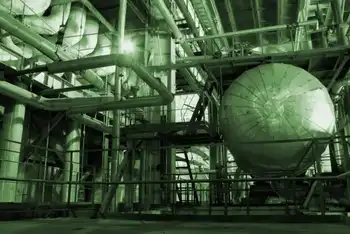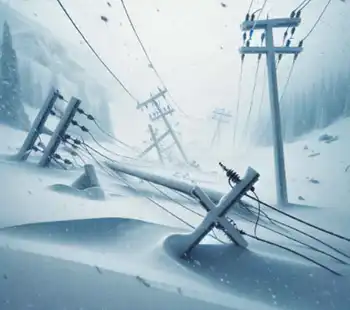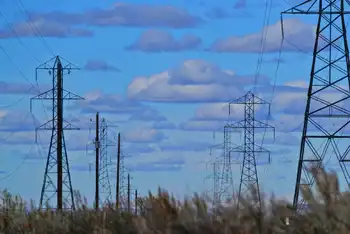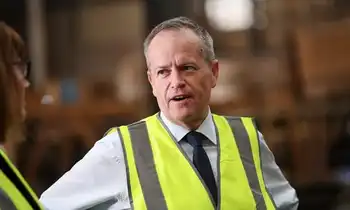Energy industry warns Ontario
- A shifting and unpredictable government energy policy combined with a controversial price cap on power costs in Ontario could cause long-term damage to a stable and healthy provincial power supply, a forum of top energy executives has heard.
"Investors need a fair rate of return, otherwise they can just turn and go elsewhere," Arunas Pleckaitis, president of Enbridge Gas New Brunswick, told a gathering of the Ontario Energy Association recently.
"Ontario must do more to attract investment to the energy sector because it is critical to the health of the province. If you have a 4.3-cent prize freeze, it distorts market response."
Last November, Premier Ernie Eves froze the price of power at 4.3 cents per kilowatt hour for residential customers and small businesses until 2006, the same level it was frozen at from 1993 to 2001 in response to massive volatility in the market and outraged consumers.
But the move has not been popular with energy executives, who voiced their opinions en masse at a panel at the conference recently.
"Everyone on the panel agrees that the price cap is wrong and that we have to move gradually to a form that will reflect the true cost of power," said Courtney Pratt, president and CEO of Toronto Hydro Corp. "The question is how you move to that level." Pratt said there is a pressing need for an "actionable transition plan" after 2006 when the prize freeze is lifted.
If there is no leadership on the issue, "new investment in aging infrastructure" stands to be lost by investors who will take their money elsewhere, Pratt said.
"Electricity is the basic essential service. If you don't have it, nothing else works," Pratt said.
A clear consistent government regulatory policy is needed sooner rather than later because investors need more certainty, Pleckaitis said, citing his own company's example. "I see little optimism that Enbridge will make any significant investments in Ontario at this time."
All executives agreed the energy market was at a crucial crossroad in Ontario. "We have to get things right. Our big challenge is going forward whether we will have enough transmission capacity in the province," said Tom Parkinson, president and CEO of Hydro One Inc.
"We are at a watershed point in our industry," said Graham Brown, chief operating officer of Ontario Power Generation Inc. "This is an opportunity to consolidate, or it can be an easy opportunity for things to slip backwards. We much prefer the progress to an efficient market model."
Pratt said energy companies are also to blame for not communicating properly with their end users.
"The customer is the forgotten part in the whole equation. In our market research, we see that the customer doesn't just see the Ontario government as one problem, they see us all as one. They just want reliable service at a low cost, and they take great comfort in the fact that we are publicly owned. They just want to go about their business and don't want to think about us too often."
There is a fundamental disconnect when the government is trying to encourage conservation, while at the same time keeping energy prices artificially low, and consumers should be aware of that, panellists said.
Analysts have said Ontario will need up to $13 billion of generation investment over the next 15 years to meet demand.
Related News
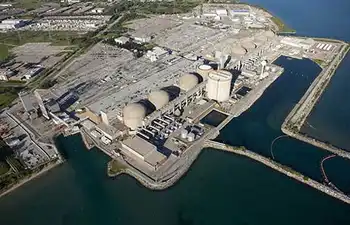
Ontario confronts reality of being short of electricity in the coming years
TORONTO - In a fit of ideological pique, Doug Ford’s government spent more than $200 million to scrap more than 700 green energy projects soon after winning the 2018 election, portraying them as “unnecessary and expensive energy schemes.”
A year later, then Associate Energy Minister Bill Walker defended the decision, declaring, “Ontario has an adequate supply of power right now.”
Well, life moves fast. At the time, scrapping the renewable energy projects was criticized as short-sighted and wasteful. It seems especially so now as Ontario confronts the reality of being short of electricity in the coming years.
How short? A recent report by…

